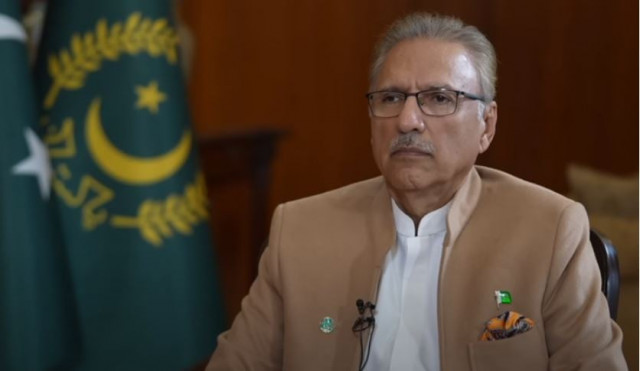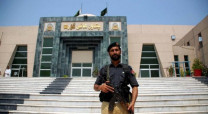President Alvi approves mini-budget
Approval given under Article 75 of the Constitution of Pakistan

President Dr Arif Alvi on Thursday approved the Finance (Supplementary) Bill 2023, also known as the mini-budget.
According to the statement from Aiwan-e-Sadr, the approval was given under Article 75 of the Constitution which states that when a bill is presented to the president for assent, the president shall, within 10 days assent to the bill.
Earlier, the National Assembly had passed the Rs170 billion mini-budget with some tinkering, bringing Pakistan closer to the staff-level agreement with the International Monetary Fund (IMF), but at the cost of pushing people deeper into the poverty trap.
The lower house of parliament had approved the budget with a majority vote in a house devoid of genuine opposition voices. The approval has given effect to the new taxation measures of Rs170 billion, having an annual impact of about Rs550 billion.
The majority of the taxation measures were implemented, although the president had not given his assent when the bill was passed by the National Assembly.
Read Govt’s own senators oppose mini-budget
In his wind-up speech, Finance Minister Ishaq Dar had admitted that “inflation was unbearable for the people” but threw the blame on the maladministration of the previous government of former prime minister Imran Khan.
Finally, Dar had admitted that the news stories about Rs675 billion to Rs700 billion taxes were not untrue and the IMF had demanded those measures, which the government did not accept.
“After the approval of the budget, we are very near to the staff-level agreement,” Dar had said, while briefly speaking to the media. He had added that almost all major issues with the IMF were sorted out.


















COMMENTS
Comments are moderated and generally will be posted if they are on-topic and not abusive.
For more information, please see our Comments FAQ